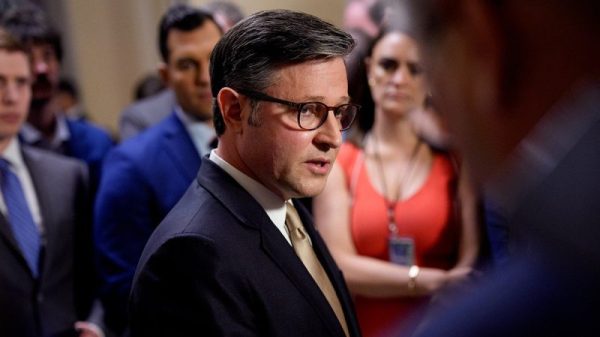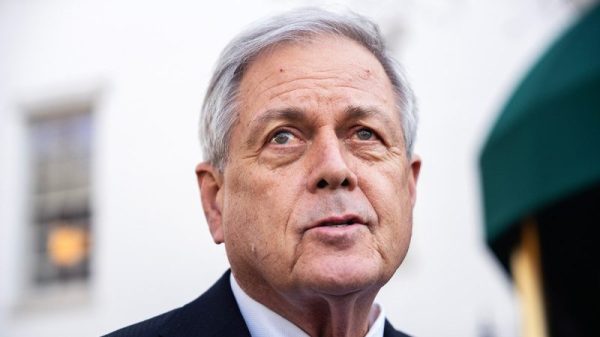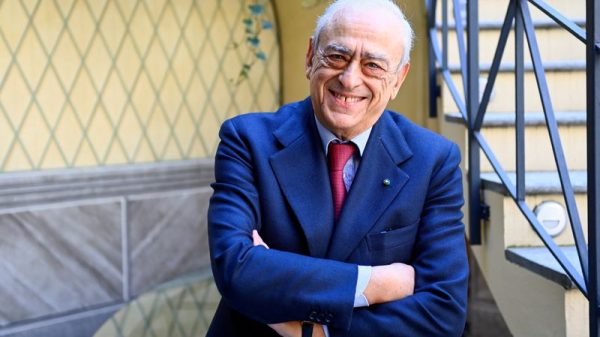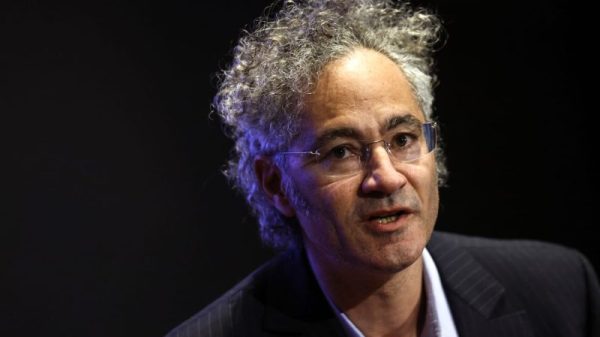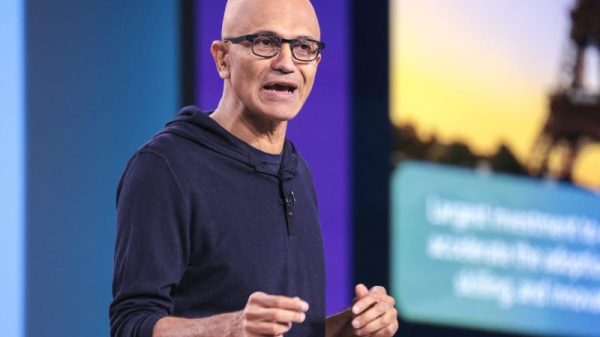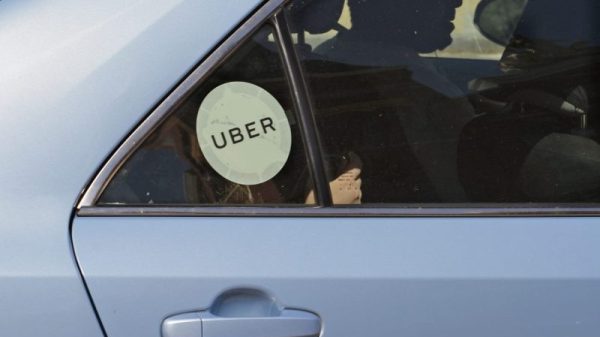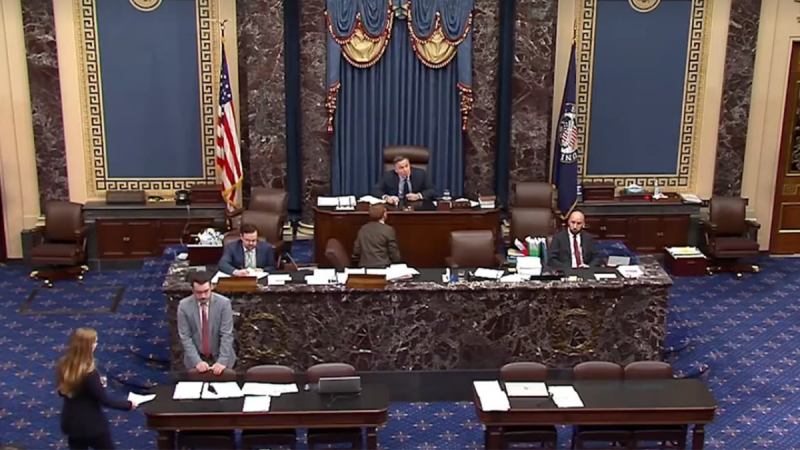
Many senators failed to get their amendments across the finish line during the chamber’s vote-a-rama on Monday, leaving the future of President Donald Trump’s ‘big, beautiful bill’ uncertain.
Two key failures came from Sen. Susan Collins, R-Maine, and Sen. John Cornyn, R-Texas, with the former proposing a plan that would have boosted funding for rural hospitals and the latter calling for further cuts to Medicaid.
Collins and Cornyn were far from the only lawmakers who had amendments fail, however. Here are some details on some of the unsuccessful efforts, plus one that succeeded with nearly unanimous support.
Rural hospital funding
Collins’ amendment would have doubled funding for rural hospitals from $25 billion to $50 billion over the next 10 years, and it would have allowed a larger number of medical providers to access the funds.
‘Rural providers, especially our rural hospitals and nursing homes, are under great financial strain right now, with many having recently closed and others being at risk of closing,’ Collins said prior to the vote. ‘This amendment would help keep them open and caring for those who live in rural communities.’
Collins said the bill was something of an olive branch to Democrats, who had criticized the cuts to Medicaid involved in the megabill. Her amendment would also have raised tax rates for individuals who make more than $25 million per year and couples who make more than $50 million.
‘They’ve complained repeatedly about the distribution in this bill, of Medicaid cuts hurting individuals, rural hospitals, and tax cuts being extended for people who are wealthy, and yet when I tried to fix both those problems, they took a very hypocritical approach,’ Collins said.
Sen. Ron Wyden, D-Ore., argued Collins’ amendment was merely putting a ‘Band-Aid on an amputation.’
Expanded Medicaid cuts
Cornyn was joined by Sens. Rick Scott, R-Fla., and John Barrasso, R-Wyo., in pushing an amendment cutting an additional $313 billion in Medicaid funding on Monday.
The trio said they were pushing to limit the growth of Medicaid, and they had been confident the adjustment would pass. All three were seen entering Senate Majority Leader John Thune’s office on Monday as it became clear the amendment lacked support.
The base bill already cuts some $930 billion in funding for Medicaid, leading many of the trio’s colleagues to balk at further cuts.
‘It just seems like we’ve taken it as far as I’m comfortable taking it,’ said Sen. Jim Justice, R-W.V., regarding trims to Medicaid.
Boosting deductibles for teachers
Kennedy had proposed an amendment that would have allowed teachers to deduct $600 in school supplies that they pay for out of pocket each year.
The proposal ultimately failed in a 46-54 vote.
Child tax credit enhancement
Bennet proposed an amendment that would have increased both the amount and availability of the child tax credit included in the megabill, but it failed to garner enough support.
The Senate rejected Bennet’s proposal in a 22-78 vote.
Clearing the way for state AI laws
One amendment that did succeed was a measure that killed a provision in the bill that would have placed a 10-year moratorium on state AI regulations.
The original version of the bill would have forced states to choose between enforcing AI regulations or accepting federal funding to expand broadband internet access. Sens. Edward Markey, D-Ma., and Marsha Blackburn, R-Tenn., joined Sen. Maria Cantwell in sponsoring the amendment.
‘The Senate came together tonight to say that we can’t just run over good state consumer protection laws,’ Cantwell said Monday. ‘States can fight robocalls, deepfakes and provide safe autonomous vehicle laws. This also allows us to work together nationally to provide a new federal framework on Artificial Intelligence that accelerates U.S. leadership in AI while still protecting consumers.’
The Senate passed the amendment in an overwhelming 99-1 vote.
Sen. Thom Tillis, R-N.C., was the sole vote opposing the measure.











